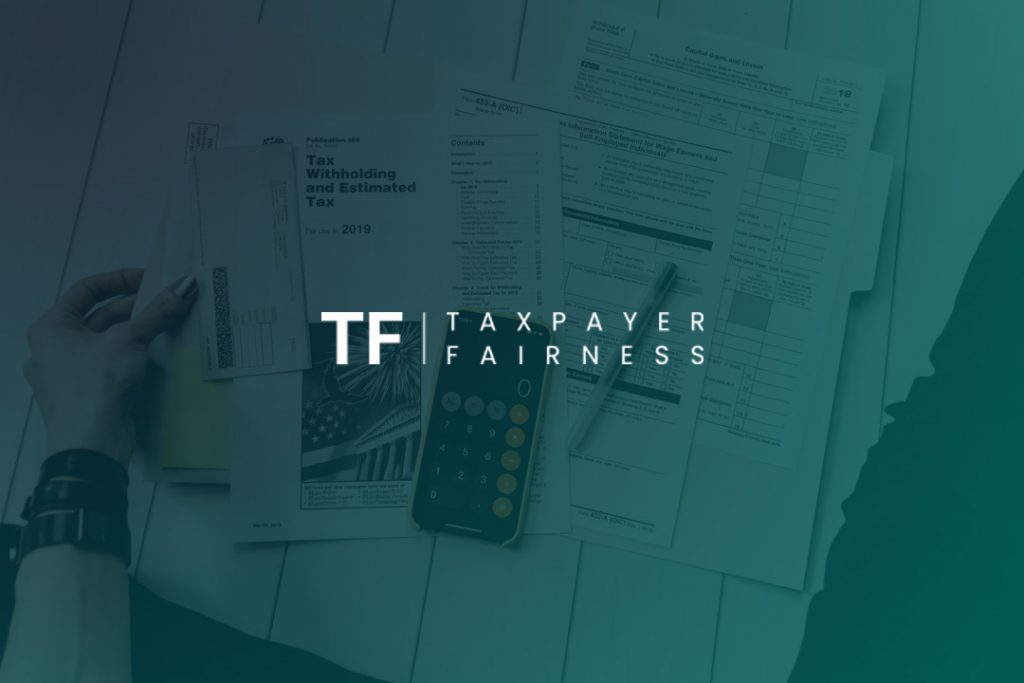The Gary Lineker IR35 case is a classic example of the “bad policing” problem at HMRC, which our founder Dave Chaplin, recently explained to members of the Loan Charge and Taxpayer Fairness APPG at a meeting on 21st Feb 2023.
To reiterate our views:
- Taxpayers are experiencing a “bad policing” problem. When taxpayers enter into disputes with HMRC, the power balance is one-sided, and lacks sufficient checks and balances. People and businesses, are being subjected to “Rough Tax Justice”.
- The Tax Consultation Framework has failed. Introduced in 2011, is was designed to led to better tax policy by engagement with experts, but it doesn’t work. Seasoned tax experts consider these as nothing more than tick-box exercises. Concerns are ignored, as the pre-ordained agenda goes through the motions. Relevant experts largely ignore them, leading to badly informed policy making, and badly informed Parliament, who waive through badly drafted legislation.
- HMRC have been given more powers than the police, and they attempt to enforce the legislation. Taxpayers are wrongly charged as being tax cheats, but are unable to defend themselves in the handicapped David and Goliath battle than ensues if they head to tax tribunal. Tax is collected by intimidation, not by seeking the truth.
- The overall mistreatment of taxpayers builds mistrust in the tax system – the consequence being that we are not an attractive place to do business. Our unjust tax system impedes UK growth.
Cause:
- HMRC’s are required to treat tax payers consistently, as per the HMRC Litigation and Settlement Strategy. But, against the backdrop of badly implemented tax policy, tax complexity breeds unfairness. HMRC create simplified sausage machine processes to achieve consistent application by under experienced inspectors. Where the complexity and nuance is cut away, it leads to miscarriages of tax justice.
- HMRC have more powers than the police, but with fewer checks and less accountability. HMRC can issue demands for tax, which must be paid, or taxpayers have to go to tax tribunal. The door is currently wide open for abuse of power.
- HMRC’s lack of independent oversight is insufficient in the modern era. Complaints to them by taxpayers move the wagons into circles, but do little to provide access to justice.
Solutions:
- The same issues occurred in the US. They solved it with their Taxpayer Bill of Rights in 1999, and Taxpayers First Act in 2019. The UK can use the US solution as a template and starting point for the UK.
- We need a CPS-Style body that oversees HMRC – the US achieved this with their Taxpayer Advocate Service (TAS). We can do the same. This requires moving the self-policing currently being resourced by HMRC, to outside HMRC, as a separate body.
- The solution requires the implementation of simple procedures with independent oversight. Non-statutory codes fail. It must be in statute.
- Any solution should be designed to be objectively measurable in real-time, with transparency and reporting to Parliament on a quarterly basis.
Build cross-party consensus:
- The main drivers for Taxpayer Fairness are to:
- Ensure everyone is treated fairly.
- Guard against abuse of power.
- Protect the vulnerable.
- Fixing the “rough tax justice” issue leads to tax certainty – making the UK an attractive place to set up and conduct business. We are currently impeding UK growth.
- Everyone is affected. Even large businesses are struggling to defend themselves. Small business, individuals, and self-employed don’t stand a chance against HMRC.
- The false self-employment problem (where unscrupulous putative employers) pay people gross and tell them they are self-employed, is rife. HMRC don’t go after the employer – they issue life-changing tax bills to the victims of false self-employment. HMRC are punishing the vulnerable.
- Example: The badly designed Off-payroll rules have led, as predicted to Zero Rights Employment. Individuals are pushed into using limited companies, but told they are “employed for tax purposes” only and get no employment rights. That can be stopped.
If we want the UK to succeed and achieve growth and if we want to ensure support for those most vulnerable, we need to fix the Rough Tax Justice problem.

